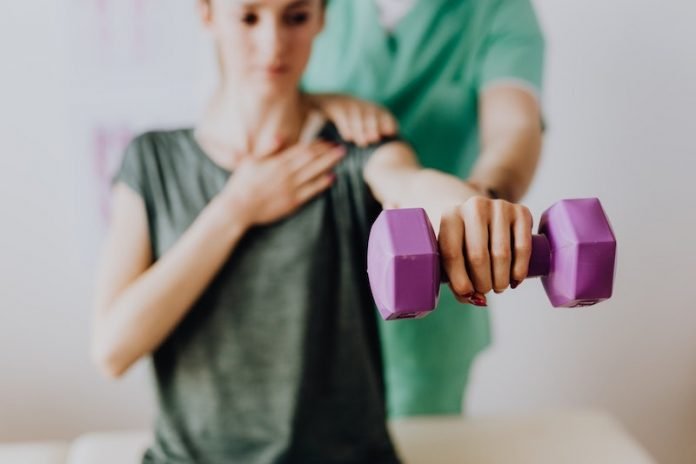
After a stroke, you may need rehabilitation to help you recover.
Rehabilitation may include working with speech, physical, and occupational therapists.
Your care team may also recommend medicines to manage pain, muscle spasms, or other problems as you recover.
Language, speech, and memory: You may have trouble communicating after a stroke. You may not be able to find the right words, put complete sentences together, or put words together in a way that makes sense.
You may also have problems with your memory and thinking clearly. These problems can be very frustrating.
Speech and language therapists can help you learn ways to communicate again and improve your memory.
Muscle and nerve problems: A stroke may affect only one side of the body or part of one side. It can cause muscle weakness or paralysis, which can put you at risk for falling.
Trouble using your hands, arms, and fingers is common, and training may help if you can no longer walk easily.
Physical and occupational therapists can help you strengthen and stretch your muscles. They can also help you relearn how to do daily activities, such as dressing, eating, and bathing.
Bladder and bowel problems; A stroke can affect the muscles and nerves that control the bladder and bowels. You may feel like you have to urinate often, even if your bladder is not full.
You may not be able to get to the bathroom in time. Medicines and a bladder or bowel specialist can help with these problems.
Swallowing and eating problems: You may have trouble swallowing after a stroke. Signs of this problem are coughing or choking during eating or coughing up food after eating.
A speech therapist can help you with these issues. He or she may suggest changes to your eating plan, such as chopping up your food or drinking thick liquids.
Canes, braces, grab bars, special eating utensils, wheelchairs, and other devices can make it easier to keep doing your regular activities after a stroke.
If you care about stroke, please read studies about what are ideal blood sugar levels for preventing repeat strokes, heart attacks, and these dietary supplements could prevent heart disease, stroke.
For more information about stroke, please see recent studies about therapy that could boost recovery from stroke and dementia, and results showing these 3 common drugs may increase stroke risk by 60%.



